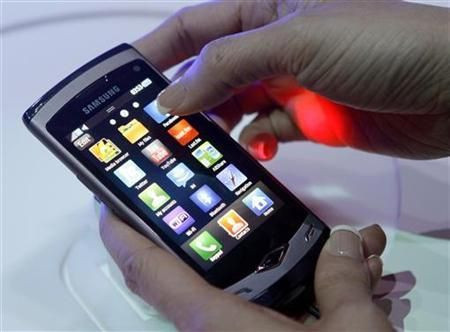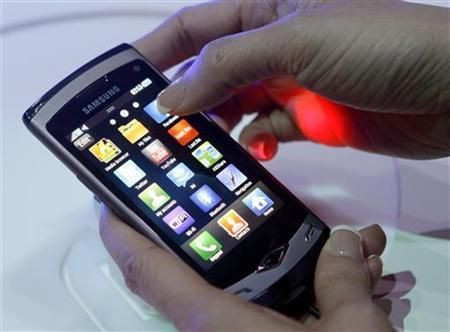NYC Amber Alert Sparks Backlash On Twitter, Reddit After Late-Night Cellphone Abduction Alarm


Updated Wednesday, 2:25 p.m.: The Amber Alert was canceled after police recovered the 7-month-old baby, who is said to be in good condition. The boy’s mother is in custody. No charges have been announced.
Original Post:
New York-area residents took to Twitter and Reddit on Wednesday after a late-night Amber Alert left them startled, confused and cranky. The alert, which set off cellphones across the area, was activated just before 4 a.m. by the NYPD after investigators confirmed that an infant had been abducted by his biological mother from a Harlem social-services facility 13 hours earlier. Police identified the suspect, Marina Lopez, as someone with bipolar disorder and a history of violent outbreaks.
Many residents who were woken up by the sound of their smartphone beeping seemed unaware that their phones were set up to receive alerts.
That amber alert scared the cap out of me I thought the world was ending or something omfg so unnecessary
- oriella (@oriella_ella) July 17, 2013
WTF IS THIS!! I got an alert when I was sleeping in the AM. WTF IS AN AMBER ALERT!?! pic.twitter.com/3X0mAvO23N
- James Santiago (@JamesssPatrick) July 17, 2013
Woke up in the middle of the night to an amber alert, had nightmares for the rest of the night #ineedmysleep #creepedoutaf
— Alyssa (@alyssacolantuno) July 17, 2013
It was the same story on Reddit, where some angry users posted profanity-laced rants about being awoken in the middle of the night.
Last year, the wireless industry teamed up with the FCC to launch the Wireless Emergency Alert (WEA) program, which automatically sends emergency alerts to cellphone users whose mobile devices meet certain criteria. Amber Alerts were added to that program in January. Cellphone users who don’t wish to receive the alerts have to opt out of the program through their local providers.
Critics say many New Yorkers are going to do just that following last night’s interruption. Rachel Figueroa-Levin, a columnist for amNew York, posted a series of angry tweets about the Amber Alert, saying her phone would not stop making noise until she got up to turn it off, and she called the system a failure of public policy.
The amber alert could have beeped once & waited till I woke up. Of course everyone in NY turned it off so nobody will see anything now. Fail
- Rachel Figueroa (@Jewyorican) July 17, 2013
Others countered that a minor inconvenience is a small price to pay for the return of a missing child.
@Jewyorican Turn off amber alert because I was slightly inconvenienced? Of course not. If it were my child I'd want people to know.
- chuck howell (@chuck_howell) July 17, 2013
Statistics provided by the National Center for Missing & Exploited Children say the Amber Alert system, first instituted in 1996, has resulted in 653 successful recoveries. Others have questioned those statistics, most notably the University of Nevada criminologist Timothy Griffin, who released a 2008 study in which he called the Amber Alert system a form of “crime control theater.” Griffin argued that the system is a symbolic answer to an “essentially intractable threat.”
The Amber Alert program is coordinated nationally through the U.S. Department of Justice. A spokesperson for the department said alerts may only be sent for abductions that meet certain guidelines, which are issued by individual states. In New York State, authorities must believe a child is “in danger of serious bodily harm or death, either due to the actions of another or due to a proven mental or physical condition.”
Read the NYPD’s full Amber Alert here.
Got a news tip? Send me an email. Follow me on Twitter: @christopherzara
© Copyright IBTimes 2024. All rights reserved.






















